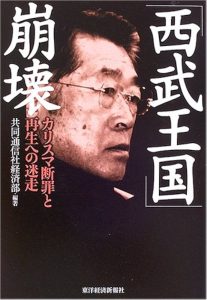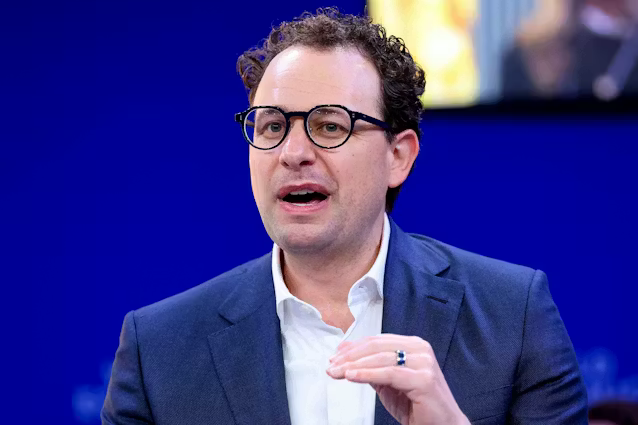※Translated with Notion AI. (Plus version)
Seibu Holdings (“Seibu”) announced on the 9th that all properties owned by the group, such as the company’s headquarters building in Ikebukuro, Tokyo, existing hotels, and condominiums along the Seibu Railway line, are subject to consideration for sale.

Book: “The Collapse of the Seibu Kingdom”:
The Wandering of Charisma Conviction and Towards Regeneration
The final surgery will be performed on Seibu HD, a Japanese real estate operator that once swept the nation, focusing on leisure and hotel businesses.
The attending physician is Mizuho Bank.
 The reason they have been able to survive until now is the corporate support from Japanese banks, which is unthinkable in the West.
The reason they have been able to survive until now is the corporate support from Japanese banks, which is unthinkable in the West.
However, they must have exhausted all their measures.
Recently, my foreign colleagues who belong to overseas investment funds have been visiting Japan frequently, and although they usually stay at hotels in Chiyoda Ward and Minato Ward, they were staying at hotels in the Prince Hotel chain, so it was an event within my imagination.
The game has already started.
Mr. Nishiyama said, “We will switch from a holding type real estate business to a revolving type. We will allocate the funds to resorts and redevelopment in the city center“.
He added that he will consider selling the headquarters building and hotels by the end of FY 2026.
I immediately wondered, what is a “revolving type real estate business”?
In other words, does this mean to compete without assets, but with artificial services and ideas?
What kind of competitiveness does Seibu have at this point?
I caught a foreign investor who was visiting Japan and asked him for his opinion.
Q: Seibu is accelerating its real estate sales, how do you see this as an investment decision?







